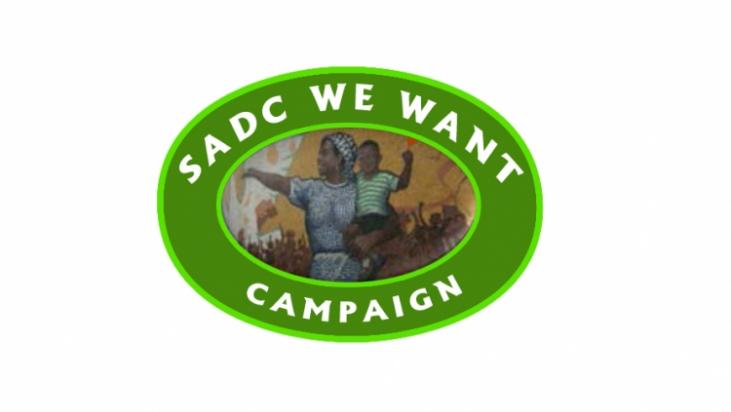The 13th Southern Africa Civil Society Forum (CSF) was convened on 14th-16th August 2017 in Johannesburg, South Africa, while the Southern African Development Community (SADC) Heads of State meeting was being held in Pretoria – the SADC is a Regional Economic Community comprising 15 Member States (Angola, Botswana, Democratic Republic of Congo, Lesotho, Madagascar, Malawi, Mauritius, Mozambique, Namibia, Seychelles, South Africa, Swaziland, Tanzania, Zambia and Zimbabwe) established in 1992.
The civil society Forum, convened by faith based organisations, non-governmental organisations and trade unions to collectively reflect on strengthening, securing and consolidating common future and gains for the advancement of the interests of the people of the SADC region for development, peace and justice, gathered under the theme “building people’s organisations, securing our common future, consolidating our gains and confronting our challenges”. Its members adopted the 13th Civil Society Forum Plan of Action “as their collective commitment and roadmap towards the SADC WE WANT”.
SADC WE WANT is a broad-based civil society campaign in the region, “demanding people-centred policies, inclusive regional governance and sustainable development throughout the Southern African Development Community”.
Several #TaxJustice debates and workshops were organized by NGOs, students and community-based organisations.
Finally, among the Key Issues and Actions raised in the Plan of Action are “Revitalizing civil society movement in Southern Africa”, “Popular Participation and Rule of law”, “Human and Trade Union Rights”, “SADC Basic Income Grant”, “Community Benefit Schemes in Mining” and “Harmonising health standards for the extractive sector”. The Civil Society Forum indeed proposed several actions addressing the Extractive sector’s activities, transparency, domestic resource mobilization, etc. – see below some extracts regarding #TaxJustice:
“Over 70 percent of the African population is uncovered by social protection. The wealth generated from mining is owned by foreign entities, African governments have a minor share between 5-20 percent. Africa’s natural resources wealth needs to be urgently decolonised, A SADC BIG must be implemented by member states and funded on a tax from the extractives industry”.
“Advocate and monitor fiscal transparency in terms of the share of taxes collected from mining that should be retained/ returned to local governments for local benefit, so that these funds are returned to local authorities in mining areas and are used for community benefit”.
“We will campaign for the prioritization of domestic resource mobilization as a means of financing the education sector including: o strengthening of national tax systems and administration; o evaluation of tax incentives that are awarded to multinational companies”.
You can read the full plan of action here.
